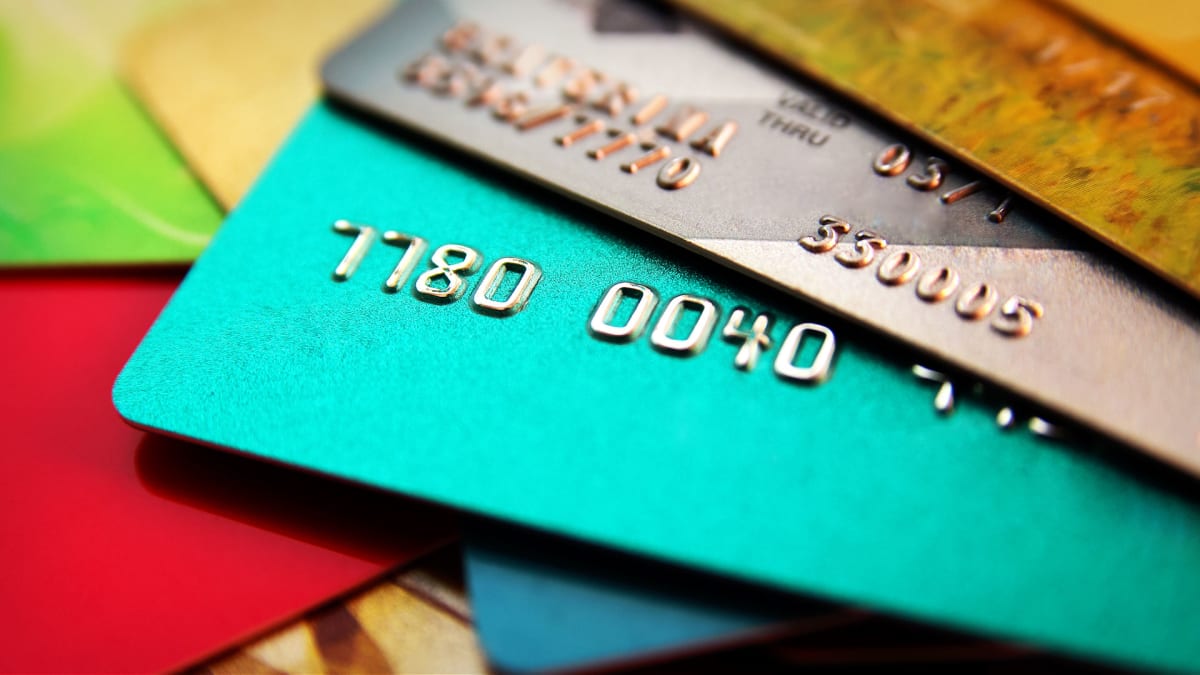
Americans routinely pile up credit card reward points, but for some reason, they’re not electing to redeem those rewards lately.
That’s the takeaway from a new CreditCards.com report, which showed 39 million U.S. adults (23% of all nationwide credit card holders) have not redeemed any of their card rewards over the past year.
DON’T Miss: The Top Seven Best Credit Cards for Beginners
By and large, baby boomers, women, and cardholders in lower-income households are more likely to not cash in on rewards and leave free cash on the table, according to the report.
That’s a big missed opportunity, credit card experts say.
“The Bureau of Labor Statistics reports that the average annual expenditures for a household in 2021 were $66,928,” said CreditCard.com senior analyst Ted Rossman. “About half of these aren’t easy candidates for credit card rewards (for example, mortgage and car payments), but that still leaves about $33,000 per year (or close to $3,000 per month) that a typical household could easily put on a credit card.
Even if a credit card consumer earned a simple flat 2% return on that spending (with a no annual fee cash back card such as the Wells Fargo Active Cash or Citi Double Cash), “$33,000 in annual spending would equate to $660 in cash back rewards each year,” Rossman said.

Shutterstock
High-Reward Versus Lower-Interest Credit Cards
You might think with reduced interest in rewards cards, plastic consumers might be rushing to traditional non-reward credit cards, which often have lower interest rates.
That’s not usually the case.
Instead, 51% of credit card users in the CreditCard.com study say they plan to use their rewards points, they just haven’t gotten around to doing so yet.
Are those card consumers better off choosing between a lower-rate credit card and a higher-rate rewards card? Maybe, credit card experts say, but there are variables involved.
“It really depends on the individual,” said credit card rewards company Zurp co-founder Troy Osinoff. “If you carry a balance on your credit card and find it hard to pay it off in full each month, a low-interest credit card would likely be the better option.”
If you’re able to consistently pay off your monthly credit card balance (and avoid accruing interest charges), a high-rewards credit card would be the way to go. “It all comes down to the personal financial situation and spending habits,” Osinoff said.
Another “variable” is that reward credit cards provide consumers with a creative workaround for high card rates and rising consumer brand prices.
“Credit card reward points should not be viewed as "free" or "found" money,” said Lourd Murray senior wealth advisor Rick Nott. “Card rewards are a rebate of your money.”
Consider credit card processing fees that plastic providers charge, which commonly falls into the 3% cost range.
“Card providers increase the price of what they sell by around 3% and pass on that extra cost to consumers,” Nott said. “The only way for a consumer to recoup this additional cost is to get it back in the form of credit card rewards. The difference between the processing fees and what they actually pay people in rewards is how credit card companies make their profit.”
Ultimately, the better deal between traditional credit cards and reward credit cards comes down to the math.
“The better deal comes down to the math,” said Tayne Law Group founder Leslie Tayne. “In the case of rewards credit cards, the most you’re going to earn back on spending is about 5% - and that may be up to a certain limit or only for certain spending categories.”
The interest rate on a rewards card is likely to be higher than double digits relative to non-reward credit cards. “The national average rate is currently over 20%,” Tayne noted. “So if you carry a balance, the interest charges will easily wipe out any rewards earnings, and then some.”
By and large, if you need to make a choice, a low-interest card is generally better than a high-rewards card.
“That said, if you have the cash flow and the discipline to pay off your entire credit card balance each month, using a rewards card can be a smart way to maximize spending you have to do anyway,” Tayne added.
Think About Potential Credit Card Outcomes First
Rewards credit card users also tend to focus more on the rosiest reward scenario aspect than the actual outcome, which can lead to negative credit card experiences.
“Beyond the allure of the bonus or zero interest or no fee at sign-up, people don't think about their strategy behind the credit card and how they will use it after signing up,” said Money Habitudes chief executive officer Cara Macksoud. “People end up in situations where they sign up for the airline and get 60,000 miles, but they don't stop and think how often they’ll use the same airline again.”
One common mistake people make when choosing a credit card is prioritizing “status” rather than considering the card’s rewards and perks.
“Yes, it may feel tempting to have a flashy metal card in your wallet, but it’s important to remember the rewards and benefits a card offers that should matter the most,” Osinoff said. “If they don’t align with your needs or values, you’re doing yourself a disservice.”
Another big error people make when choosing a credit card is chasing rewards without thoroughly evaluating the card.
“For instance, people are often enticed by a big signup bonus,” Tayne said. “However, it’s important to consider the rewards that card offers and whether they match up with your spending habits.”
That’s especially true if there’s an annual fee.
“You’ll need to know if the rewards you earn outweigh the annual cost of owning the card,” Tayne said. “It’s also important to compare the interest rate to similar cards on the market and be sure you aren’t paying a higher rate than necessary.”







